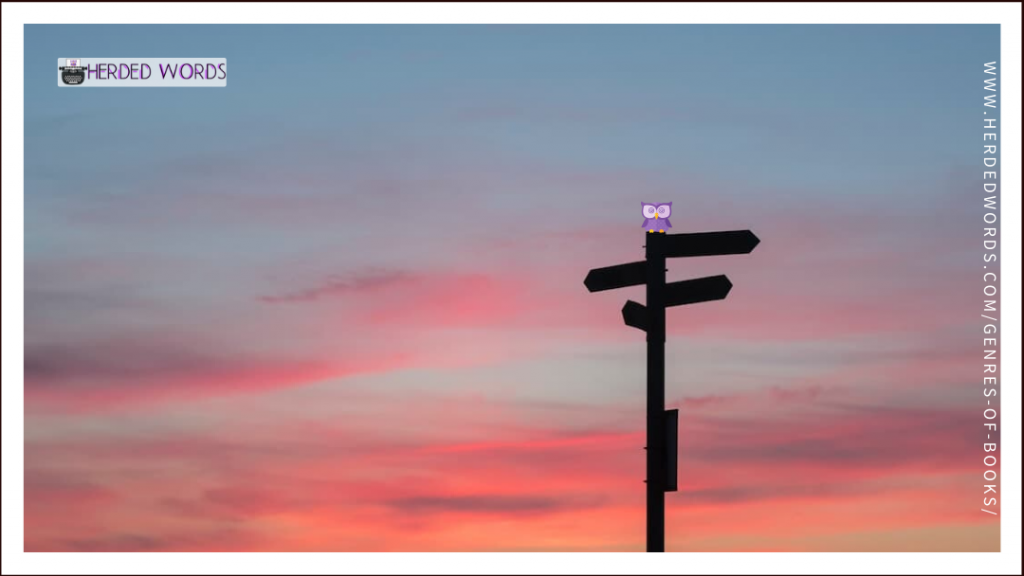
Listen to this post
Herdedwords.com uses affiliate links. This means we receive a commission on the sale of certain items. This is at NO additional cost to you. Visit the policies page to learn more.
There are a ton of genres of books but does genre matter when writing your novel?
Yes. It’s important you know your genre and it’s guidelines – even if you decide to break them.
Today we’re going to examine why genre is important. Then, we’ll check out the top 10 genres of books, including genre examples for each plus the average novel word counts.
Table of Contents
The Definition of Genre
Genres are basically categories of novels. Literature is usually categorized (genred?) based on similarities in structure, style and subject matter.
Why the Genre of Books Matters
There are two (related) reasons that genre matters.
Selling Your Novel
If you go a traditional publishing route (which for most authors is the holy grail), you’re going to need to know the genre of your novel. The genres of books will also have an influence on the acceptable novel word count.
Most agents only represent a few genres. Remember, when an agent looks at your work they’re not looking for reasons to sign you, they’re looking for reasons to discard you. They receive a huge volume of queries (submissions in publishing lingo). Sending an agent work outside their genre is a waste of your time and their time. That’s not going to make them look favorably on you.
If you decide to self-publish, you still need to know the genre. Where will it show up on Amazon? If you get it into libraries or bookstores, where will it be? If it’s not in the right genre, it might not find readers. And the readers it does might not be the right ones.
The Right Reader
Most readers choose a genre or two and rarely read outside of them. For example, horror and romance are two very different markets. If your novel is classified as the wrong genre, you’re going to miss out on your actual audience.
Think of fiction genres like specialty television channels. You have certain expectations when you’re watching HGTV (Home and Garden TV) versus the FOOD Network versus the History Channel.
If I’ve got the FOOD Network on and Swamp People starts playing, I’m going to be unhappy and change the channel. FOOD Network just did me a disservice. That’s what it’s like for a reader when your novel is classified in the wrong genre.
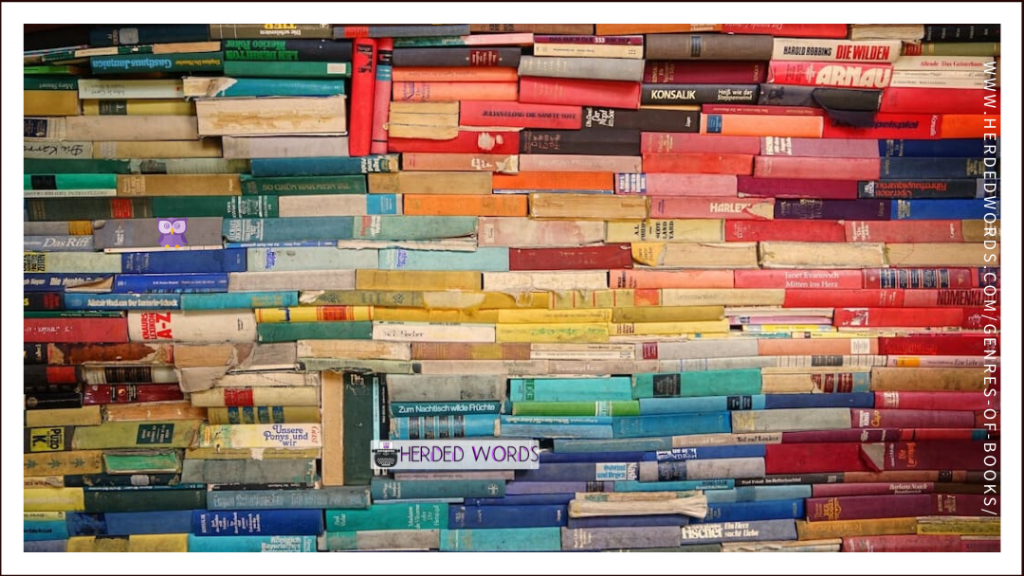
Can You Ignore Genre?
There are no absolute rules in writing. You can do whatever you want.
However, ignoring or “transcending” genre (I hate that term) is selfish. Genre is about your readers. Ignoring genre is expecting your reader to try your book blind. They really don’t know what’s about.
Let’s use an example. You’re on a budget airplane and the flight attendant comes by. She wants to know if you’d like a drink. Drinks cost $9 (airplane prices are ridiculous).
You ask what’s available and she replies, “Water, Coffee, Tea, or Beverage.”
“Beverage?”
“It’s a drink so good, it transcends labels.”
How many people on that airplane do you think paid $9 for the transcending Beverage?
Ultimately the consumer of a product (in your case, a novel) wants to know what they’re getting (the genre). Choose one so they can know.
Can You Write in Multiple Genres?
Again, you can do anything you want.
Using elements of multiple genres can be done – but it can also be selfish.
Remember the lesson we learned about reader expectations above – how will your novel be classified for readers to find it?
Instead of Beverage are you going to call it “Water with hints of coffee, tea, and apple juice.” Or are you selling “Coffee with strong chocolate elements.”
Think of your reader. How will your reader describe the genre of your novel? “It’s a psychological thriller about …” or “Well, it’s about this guy who is kind of doing but also there’s elements of…” I think you know which one is preferable.
List of the Top 10 Genres of Books including Genre Examples and Novel Word Counts
There are a lot of genres. More than I could possibly cover here. I’m going to focus on the most popular fiction genres (by manuscript submission & agent request) as listed by QueryTracker.
Genres of Books #1 – Young Adult (YA)
YA is published with the idea that young adults (approximately aged 12-18) can read the books. This is generally the age of the protagonist in the story. Keep in mind that a huge percentage of YA readers are adults.
Young Adult Novel Word Count: 55,000 to 80,000 words
Reedsy explains the specifics of how to write a Young Adult novel.
Young Adult Genre Examples:
Genres of Books #2 – Fantasy
Fantasy is a genre of fiction that is not based on reality. Fantasy novels are generally set in an alternate universe or reality. They might have magic or supernatural beings.
Fantasy is often lumped together with Science Fiction. The two genres share similarities but they’re separate genres. Science Fiction has an emphasis on science that Fantasy lacks.
Fantasy Novel Word Count: approximately 125,000 words
Daniel Arenson explains the specifics of how to write a Fantasy novel.
Fantasy Genre Examples:
Genres of Books #3 – Children’s
Technically children’s books are any book that is written for a child. However, in this context, it’s going to be a bit more specific.
A children’s book will be beyond a picture book (although it can contain some images) but not yet a Middle-Grade level book.
Children’s Novel Word Count: up to 20,000 words
Today explains the specifics of how to write a Children’s book.
Children’s Genre Examples:
Genres of Books #4 – Literary Fiction
Literary fiction is often the term used when a novel doesn’t fit into another genre.
However, what literary fiction usually means is that a novel doesn’t adhere to the common rules of writing fiction. Literary fiction tends to be more character-driven and can often be ambiguous (especially in the ending).
Literary Fiction Novel Word Count: 55,000 to 100,000 words
Novel Writing Help explains the specifics of how to write a Literary novel.
Literary Fiction Genre Examples:
Genres of Books #5 – Science Fiction
Science Fiction is similar to Fantasy but has a heavy focus on the Science aspect.
Science Fiction typically covers imaginative science ideas such as time travel, multiple universes, fictional settings, space exploration and more.
Remember though, a Science Fiction novel has to have a heavy science influence. If it doesn’t, it’s Fantasy.
Science Fiction Novel Word Count: approximately 125,000 words
Now Novel explains the specifics of how to write a Science Fiction novel.
Science Fiction Genre Examples:
Genres of Books #6 – Thrillers/Suspense
The thriller/suspense genre is a genre of novels that’s all about emotion and excitement. A buildup of that feeling (suspense) and being affected by it (thriller).
Thrillers/Suspense Novel Word Count: 70,000 to 90,000 Dictionary.com defines thrill as “to affect one with a wave of emotion or excitement.”
The Write Practice explains the specifics of how to write a Thriller novel.
Thrillers/Suspense Genre Examples:
Genres of Books #7 – Middle Grade
Middle-Grade novels are one step up from Children’s books. There is some overlap between the two groups, but Middle-Grade novels will be significantly longer than children’s books.
Middle Grade is going to be around ages 10 to 13.
Middle-Grade Novel Word Count: 30,000 to 55,000 words
Writing Tips Oasis explains the specifics of how to write a Middle-Grade novel.
Middle-Grade Genre Examples:
Genres of Books #8 – Romance
Romance novels are all about love. The prime focus of the novel is going to be the relationship and they almost only have happily-ever-after type endings.
Romance Novel Word Count: 50,000 to 100,000 words
NY Book Editors explains the specifics of how to write a romance novel.
Romance Genre Examples:
Genres of Books #9 – Picture Book
Picture books are just what they sound like – books that are mostly pictures. They’ll be simple for very young children to understand. Picture books have a heavy emphasis on using the artwork to demonstrate the story.
Picture Book Word Count: from 100 to 1,000 words
Book Baby explains the specifics of how to write a Picture book.
Picture Book Genre Examples:
Genres of Books #10 – Historical
Historical novels take place in the past. They don’t have to be completely accurate but some time-based accuracy is expected.
Historical Novel Word Count: approximately 125,000
Elizabeth Crook Books explains the specifics of how to write a Historical novel.
Historical Genre Examples:
A Note About Novel Word Counts
The novel word counts provided are considered the industry norms. That does not mean that a book outside those counts can’t be published – it can.
However, the ease of getting published will depend largely on your prior success. A successful author (the kind who’s already making a publisher money) will have a much easier time getting a book published outside the norms.
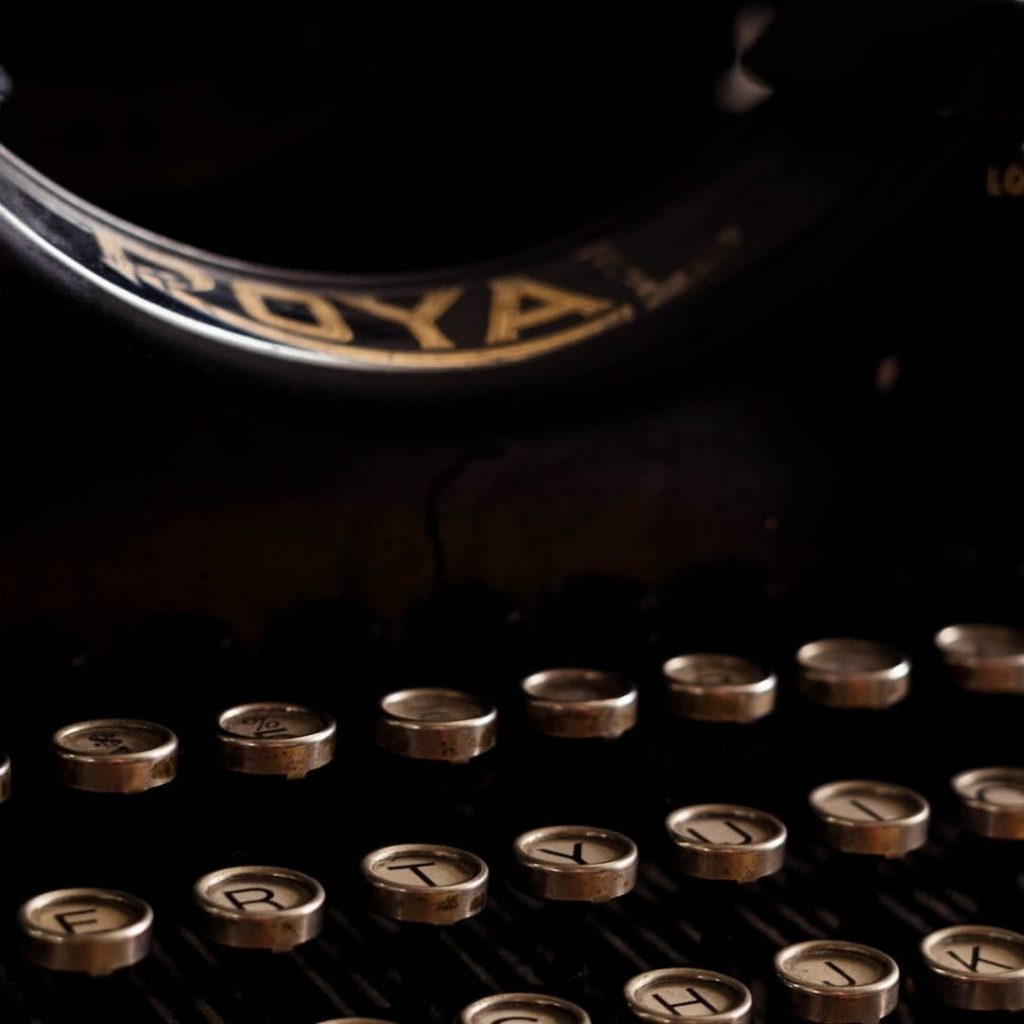
Which Genres of Books are for You?
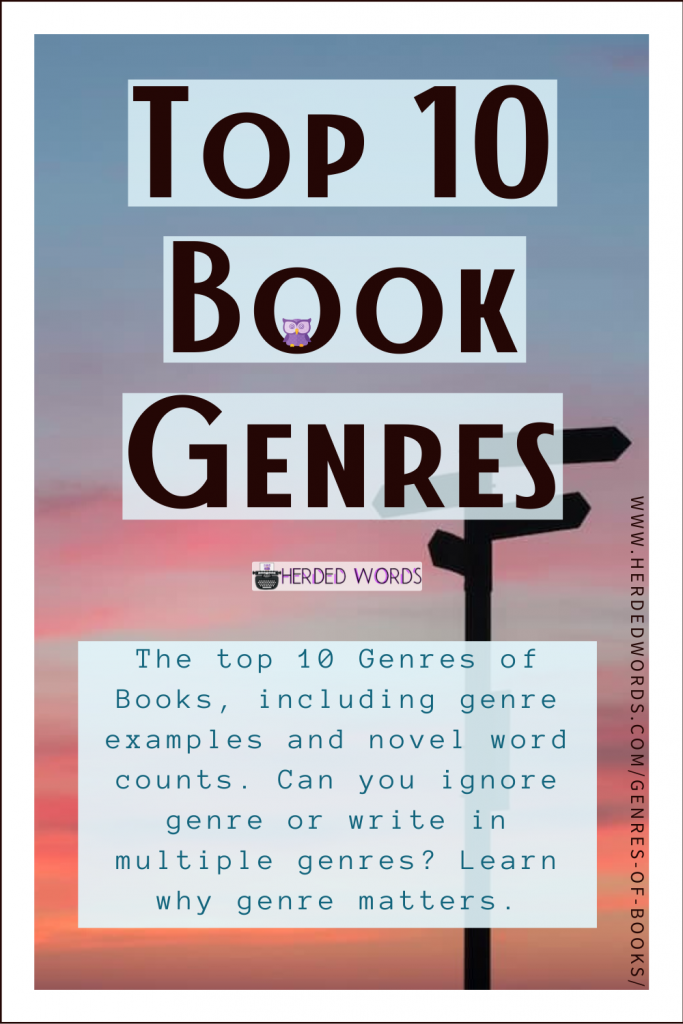
Do you read and write the same genre(s) or different ones? Why? Tell me about your reading and writing preferences in the comments.
The genre of your novel isn’t the only important element, you should also carefully consider the tense. Check out How to Use Past Tense next.
Like this post? Please PIN IT and follow me on social media. Thanks!
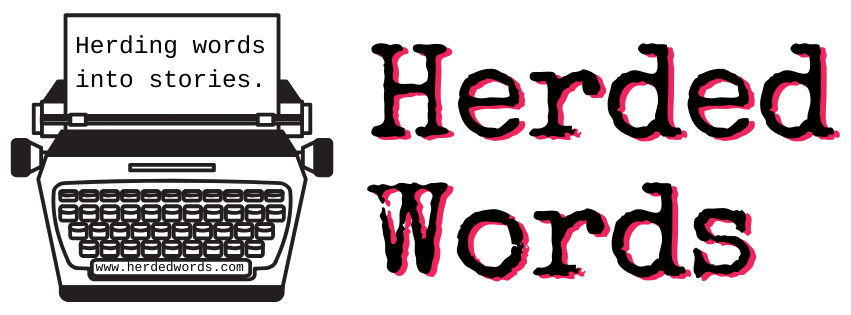
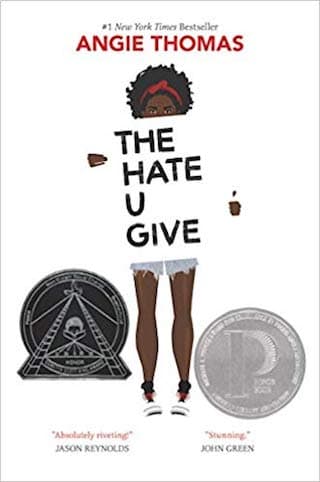
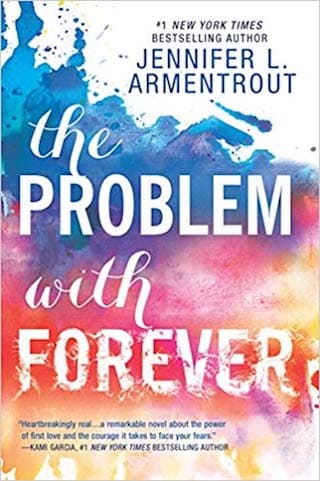
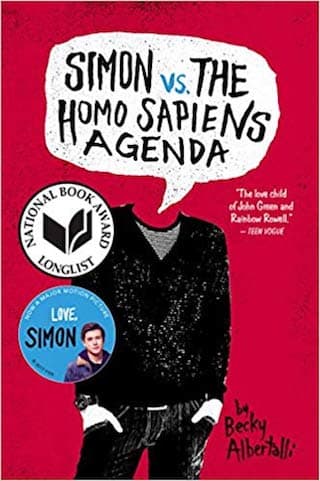
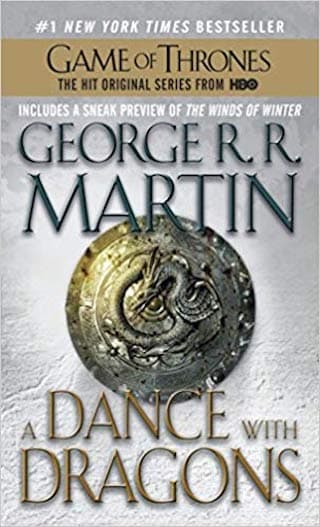
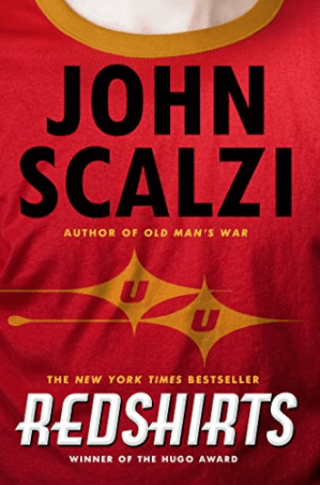
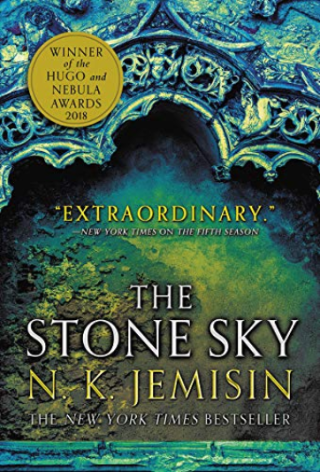
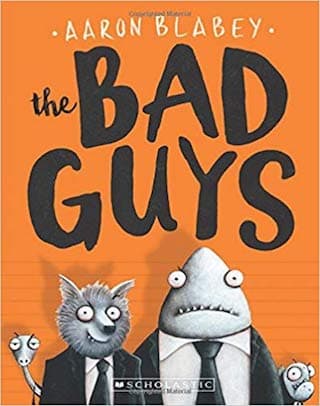
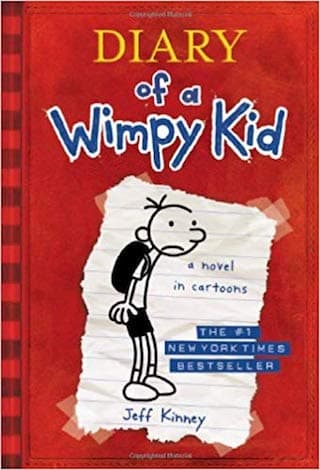
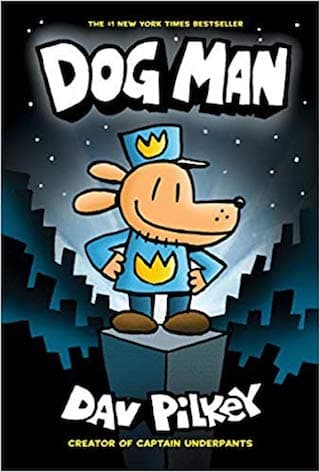
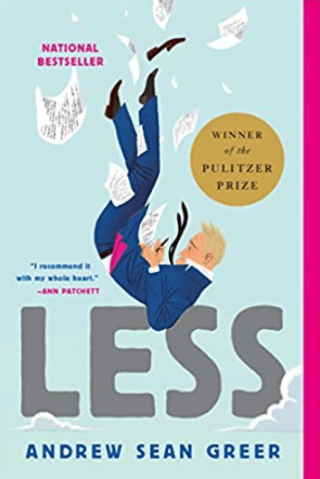
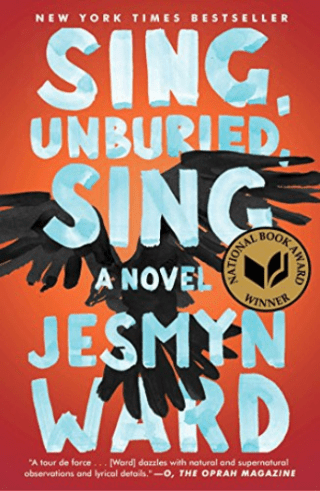
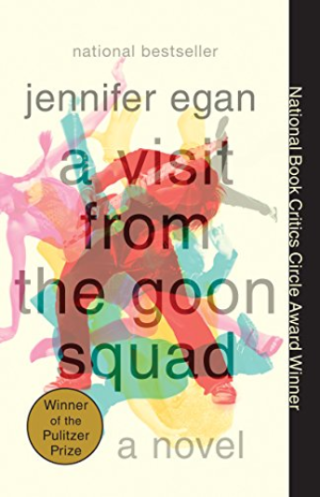
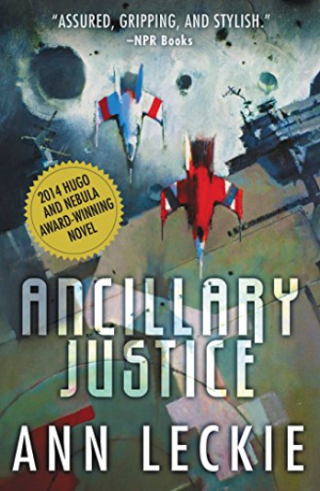
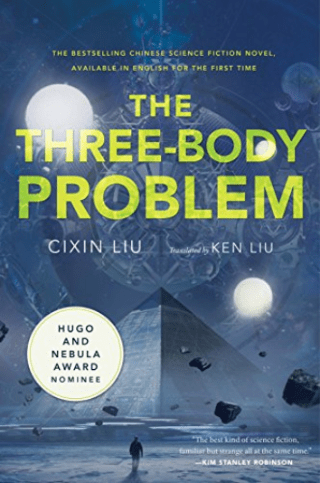
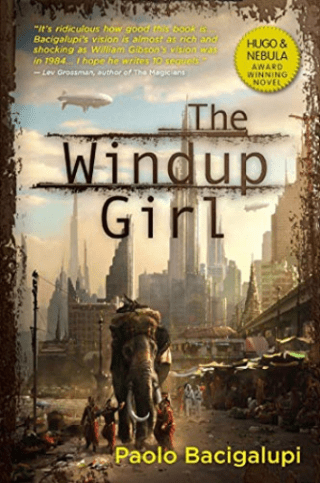
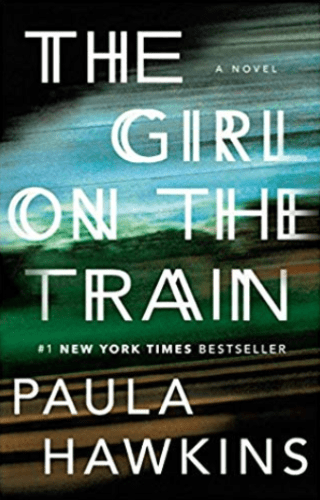
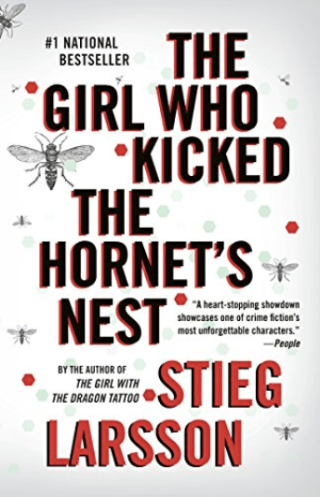
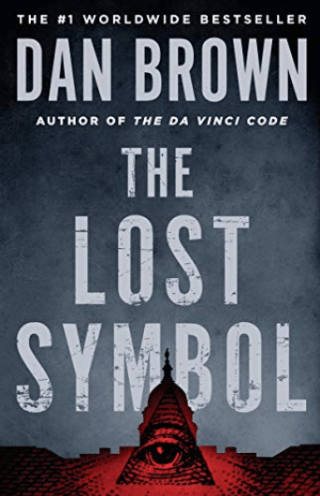
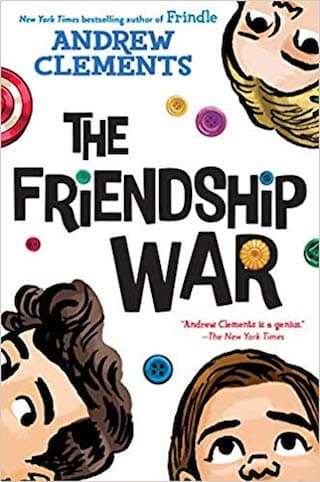
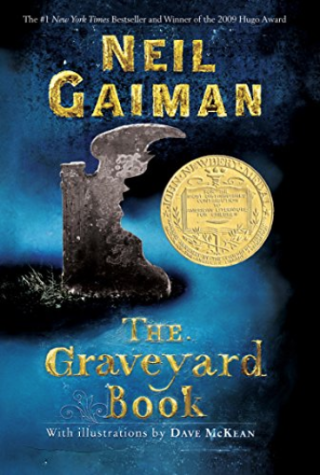
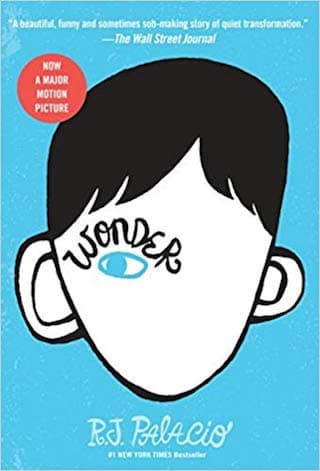
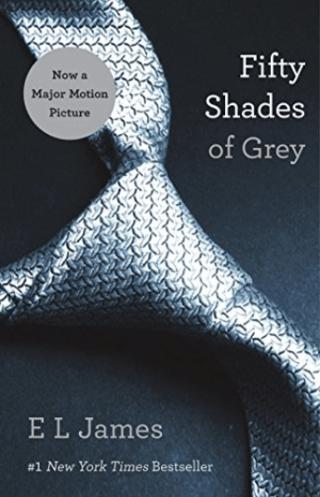
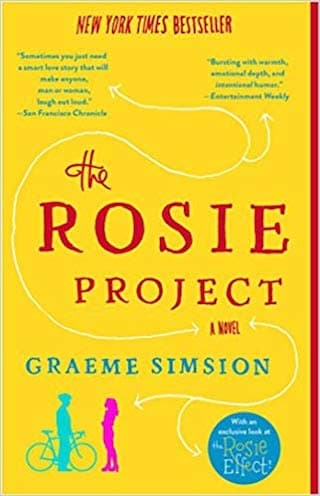
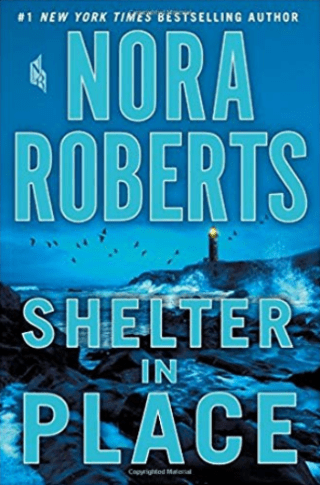
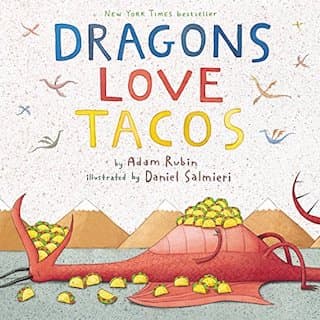
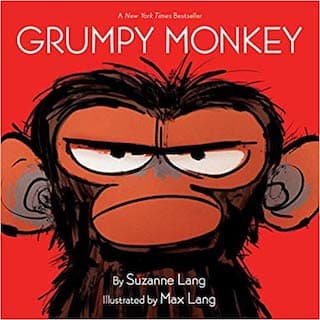
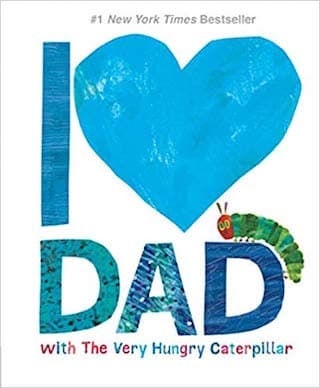
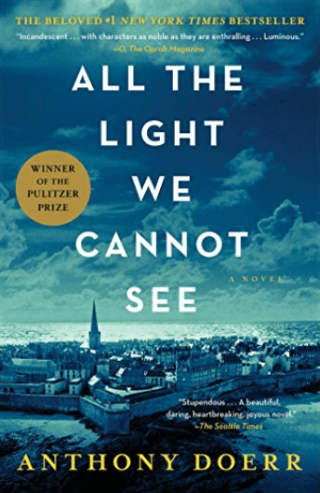
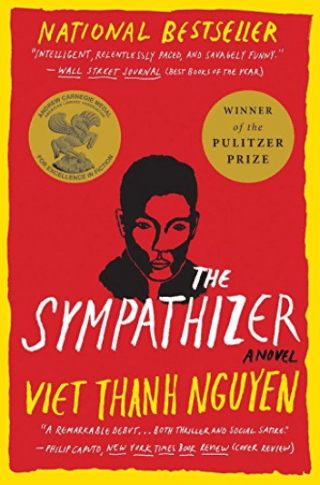
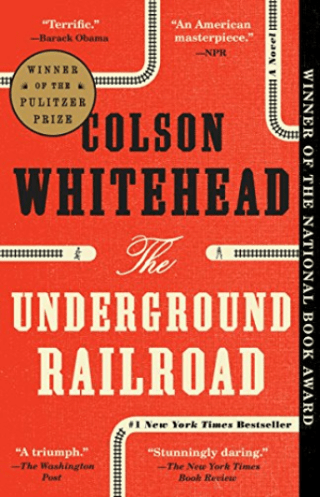

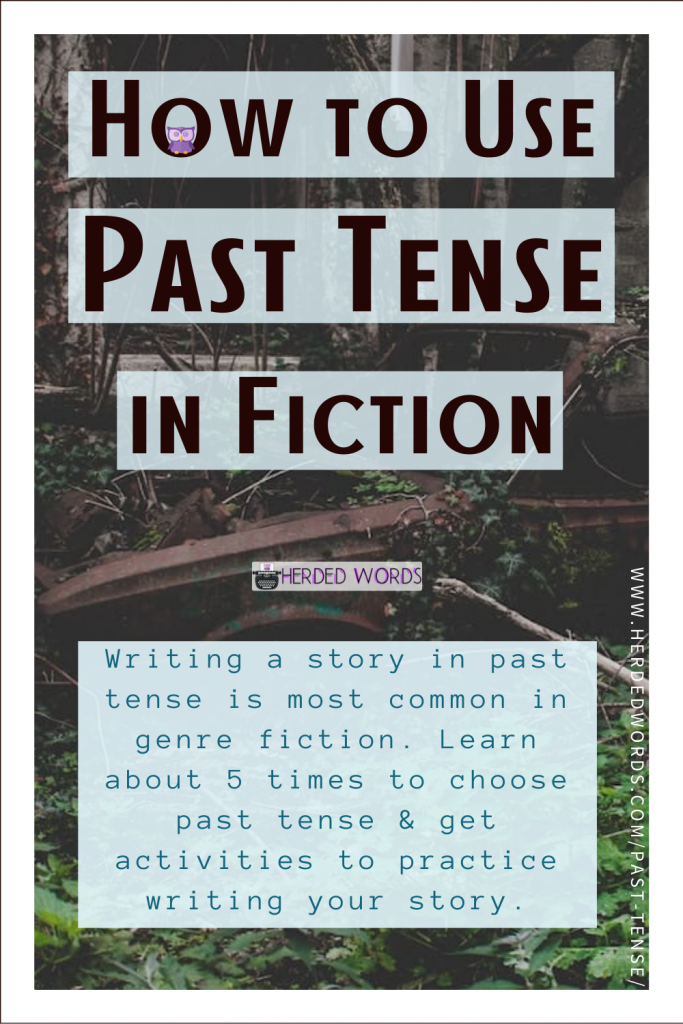






For instance, when a reader picks up a thriller, they have certain expectations of what they’re about to read. That includes scenes like “the hero at the mercy of the villain,” but it also includes book length. Because thrillers are about pulse-pounding action and maybe some character development (especially if it’s part of a series), the word count isn’t massive. Thrillers tend to be 70,000 to 90,000 words.